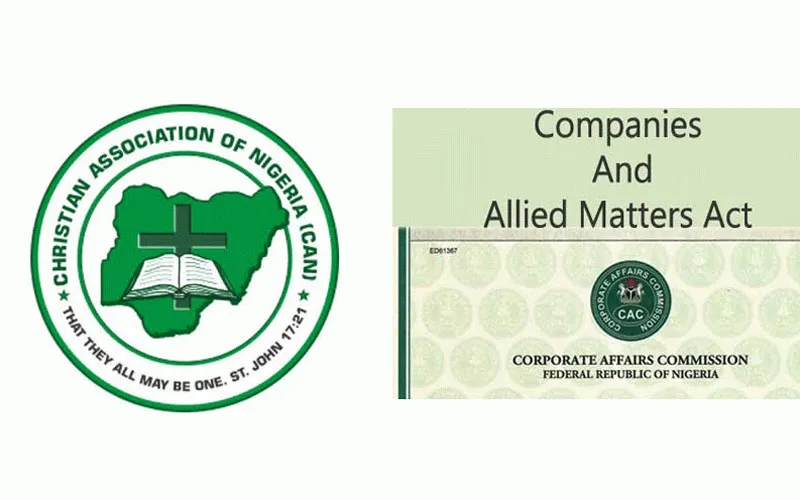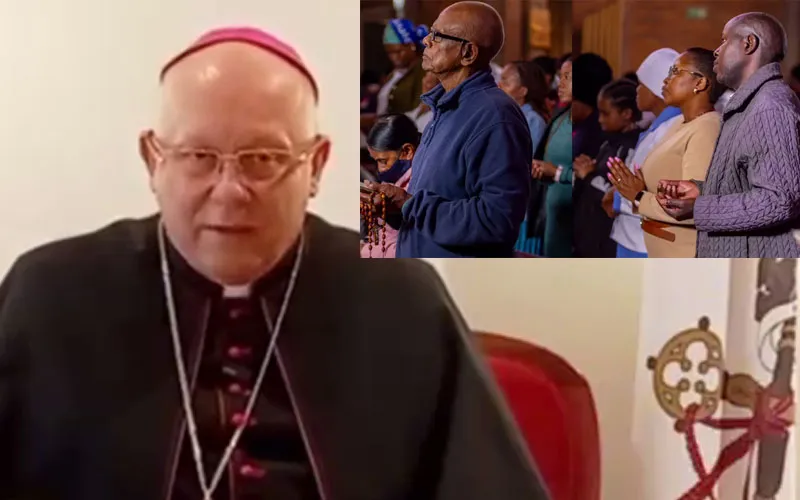The filing of the suit follows the reported gazetting of the law, after President Muhammadu Buhari signed it on 7 August 2020 despite appeals from the Christian leaders against the signing.
In a statement protesting the President’s approval of the law last August, the Christian leaders who include representatives from the Catholic Secretariat of Nigeria (CSN) termed the legal framework as “unacceptable, ungodly, reprehensible and an ill-wind that blows no one any good. It is a time bomb waiting to explode.”
In their 20 August 2020 statement, CAN’s leadership urged the Head of State to return the law that allows for the establishment of a Commission to regulate, coordinate and monitor non-governmental organizations, to Parliament for amendment.
“The satanic section of the controversial and ungodly law is Section 839 (1) & (2) which empowers the Commission to suspend trustees of an association (in this case, the church) and appoint the interim managers to manage the affairs of the association for some given reasons,” representatives of Christian leaders in Nigeria noted in their statement.
They posed, “How can the government sack the trustee of a church which it contributed no dime to establish? How can a secular and political minister be the final authority on the affairs and management of another institution which is not political?”
In their August 20 statement, CAN leadership considered the attempt to control churches “an invitation to trouble that the government does not have power to manage” and advised Nigeria’s leaders to “face the business of providing infrastructure for the people.”
The government, CAN officials said, “Should not be a busybody in a matter that does not belong to it. The government does not have the technical expertise to run the church of God because of its spiritual nature.”
“The Church cannot be controlled by the government because of its spiritual responsibilities and obligations,” the Christian leaders said and added, “This is why we are calling on the Federal government to stop the implementation of the obnoxious and ungodly law until the religious institutions are exempted from it.”
They called on President Buhari to “urgently return the law to the National Assembly for immediate amendment” and reminded him that the country should not be compared with any other nation when it comes to the relationship between the religious institutions and the government because “in Nigeria, people’s religions are tied to their humanity and of course, their life.”
Efforts to reach consensus on the issue were not successful, as a meeting convened on 1 September 2020 between the country’s Senior Special Assistant to the President on Niger Delta Affairs, Solomon Ita Enang, and the members of CAN ended without an agreement.








